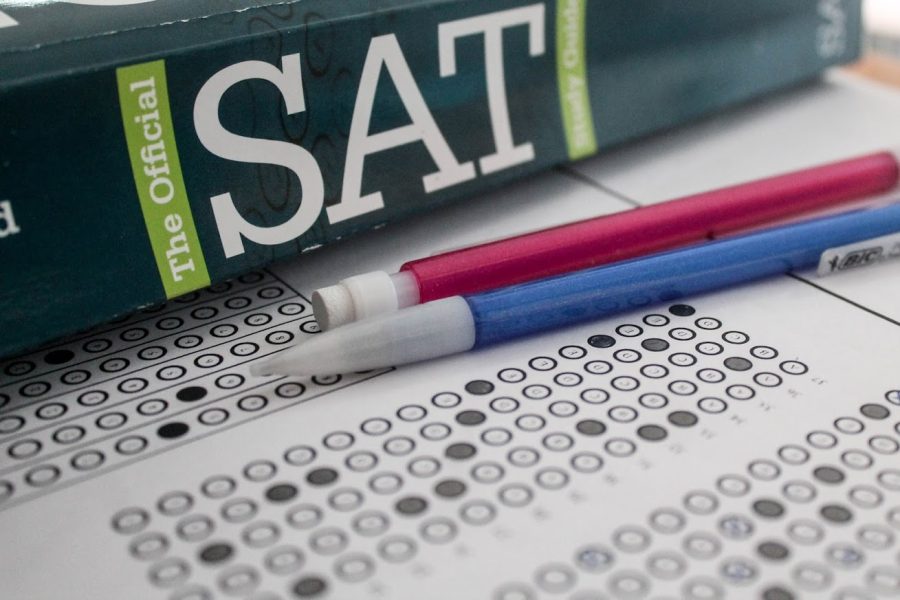SAT to move Entirely Online by 2024
What changes are to come with the SAT moving fully online by 2024?
January 25, 2022
The SAT as we know it will be a thing of the past by 2024. According to NPR Illinois the SAT, a college admissions exam long associated with paper and pencil, will soon go all-digital. The shift online will start in 2023 for international students and in 2024 for students in the United States.
Along with the shift to a digital test, some of the structures of the test will change as well. The new digital SAT will only be two hours long (the SAT is currently three hours long) and will include shorter reading passages and allow students to use a calculator on the math section. The new SAT will also be designed to autosave, so students won’t lose work or time while they reconnect.
While the SAT is shifting to an online format, some things will stay the same. Testing for the SAT will still take place at a test center or at a school, but students will be able to choose between using their own devices or one provided to them.
These changes are coming at a time where the COVID-19 pivot to online learning, combined with growing discussion on the relevance of the SAT and ACT have caused institutions to reexamine the need for the tests. According to the National Center for Fair and Open Testing, more than 1,800 U.S. colleges do not require students to submit a test score in order to apply to enroll.
While colleges may be moving away from the SAT and ACT, some states still require at least one of the tests for graduation. There is also a large history with both the ACT and SAT as a means of helping students and families identify if a student is ready for/could be successful in college.
Changes to the SAT are not new. In 2014 the College Board removed the wrong answer penalty from the SAT, made the essay portion optional, and removed the vocabulary section. More changes came in 2021, when the College Board announced it would discontinue the optional essay component of the SAT, as well as the subject tests in U.S. history, languages and math, among other topics.
Some may be happy to see these changes while others may not like the shift to even more educational components online. Regardless of one’s opinion on the changes, it will be interesting to see how other tests and educational structures and organizations continue to pivot to better meet the needs of students.

